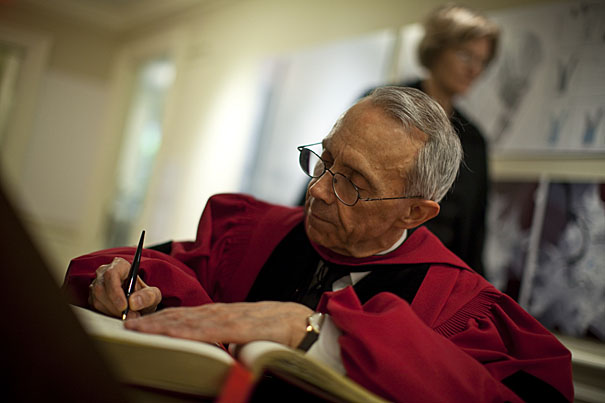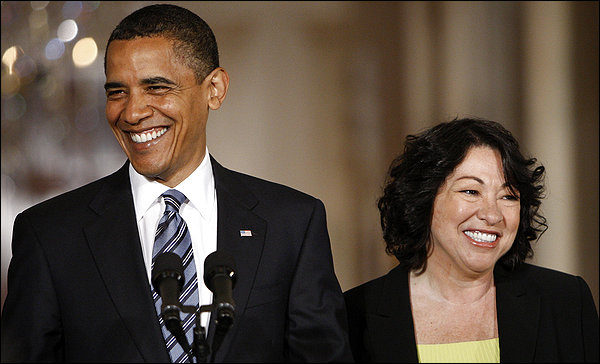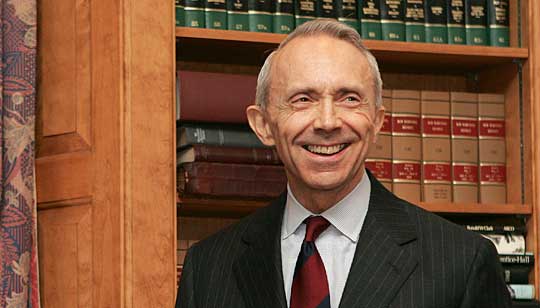
“A choice may have to be made, not because language is vague but because the Constitution embodies the desire of the American people, like most people, to have things both ways. We want order and security, and we want liberty. And we want not only liberty but equality as well. These paired desires of ours can clash, and when they do a court is forced to choose between them, between one constitutional good and another one. The court has to decide which of our approved desires has the better claim, right here, right now, and a court has to do more than read fairly when it makes this kind of choice.“
In his commencement speech at Harvard over the weekend, former Justice David Souter lays out his judicial philosophy, and thumbs his nose at the originalists he recently sat alongside. “The meaning of facts arises elsewhere and its judicial perception turns on the experience of the judges, and on their ability to think from a point of view different from their own. Meaning comes from the capacity to see what is not in some simple, objective sense there on the printed page.” (Found by way of Politics Daily’s Andrew Cohen, who gushes about the speech here.)


